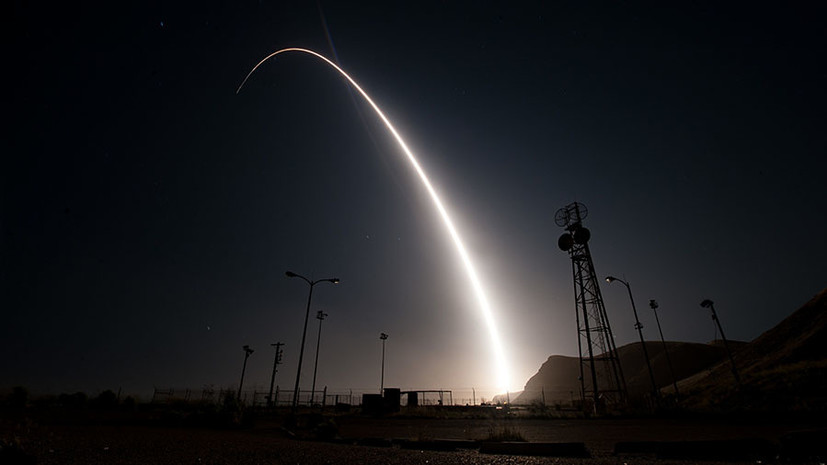As noted in the Mark project, China possesses significantly fewer ICBMs, submarine ballistic missiles and heavy bombers than Russia and the United States.
In addition, the senator points out that Beijing has repeatedly rejected a US proposal to enter into trilateral negotiations on an arms control agreement.
Proceeding from this, Marki proposes not to delay the extension of START III, but after the renegotiation of the treaty, continue to involve China in the dialogue.
“The Senate supports the United States initiative to engage China in negotiations towards the ultimate arms control treaty or agreement after START III is extended, and to start by taking steps to reduce the risk of strategic errors and the threat of nuclear exchange ", - says the draft resolution.
The need to prolong the START III, which will end in February 2021, Marks associates with the policy of Russia. According to him, if the treaty is not renewed, the process of modernizing Russia's nuclear weapons will allow it to significantly expand its nuclear arsenal compared to the United States.
Markey also considers it necessary to demand that Moscow stop work on the creation of the Burevestnik cruise missile.
"The Senate calls on the Russian Federation to stop the development of new dangerous and provocative weapons systems, including the nuclear-powered Burevestnik cruise missile, potentially violating the prohibition on causing excessive damage and unnecessary suffering contained in many treaties and military manuals," the text of the project says. ...
In May, the US President's special envoy for arms control Marshall Billingsley said that Russia "must bring China to negotiations to discuss the extension of START III."
As Russian Foreign Minister Sergei Lavrov later explained, the persistence with which the United States is trying to turn the conversation into a trilateral plane suggests that the fate of the treaty has already been decided.

